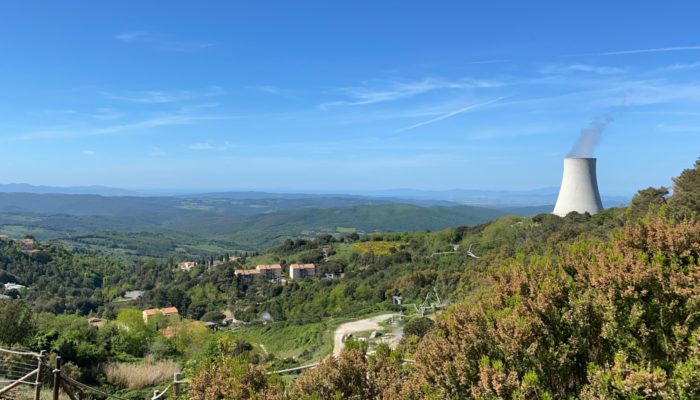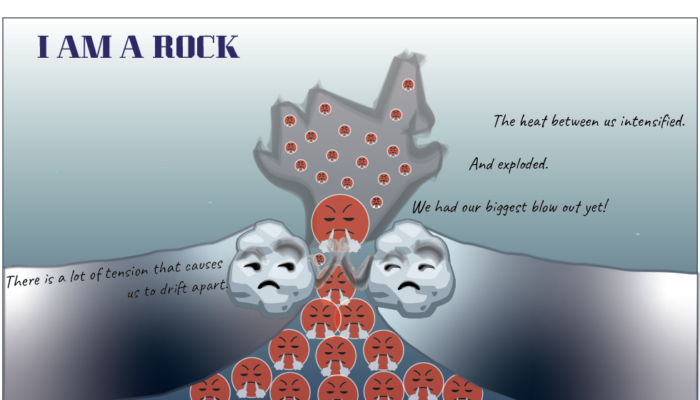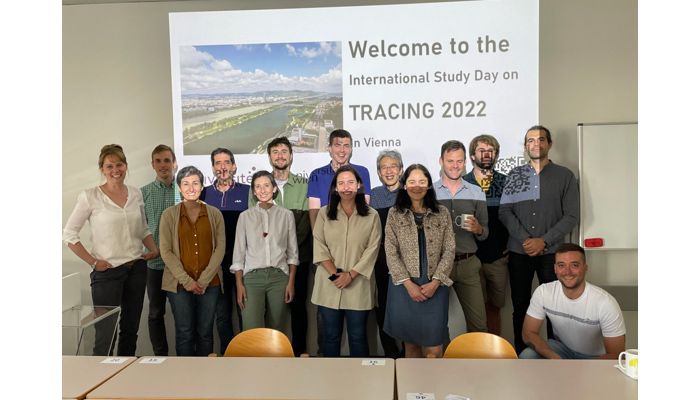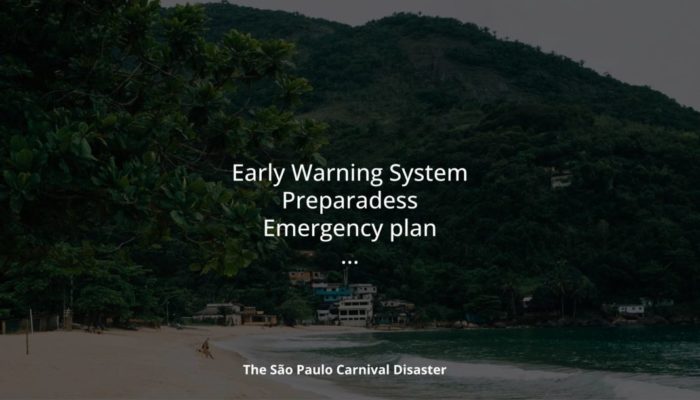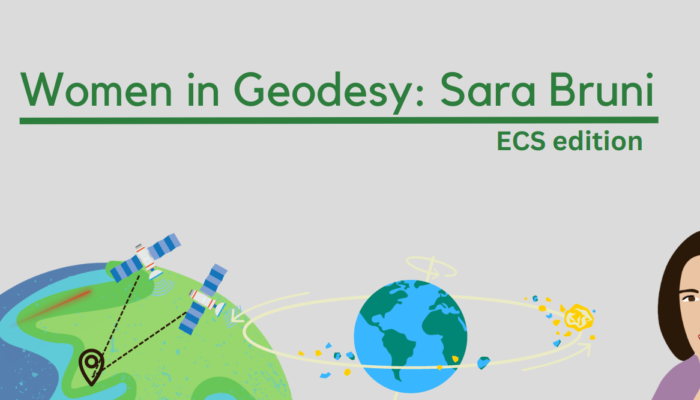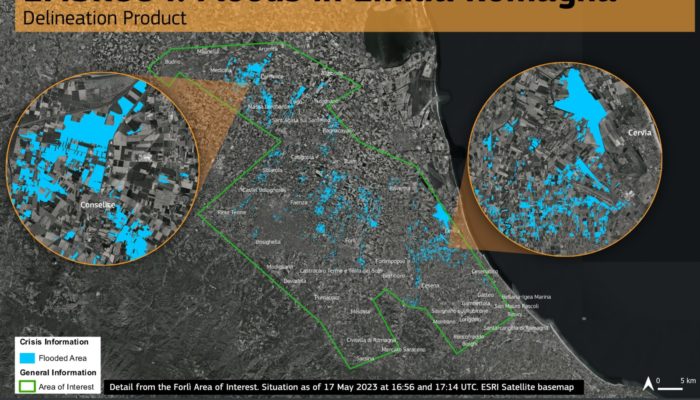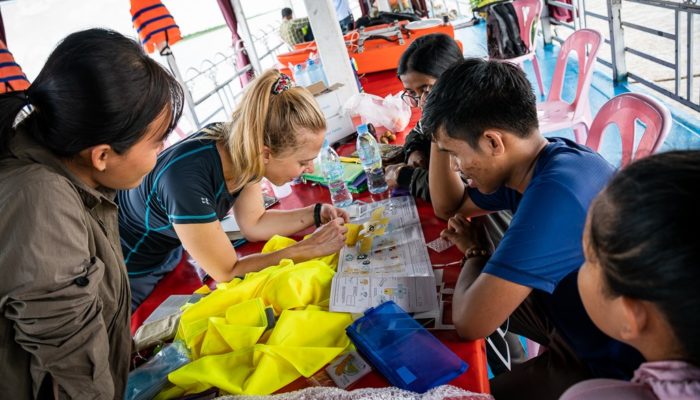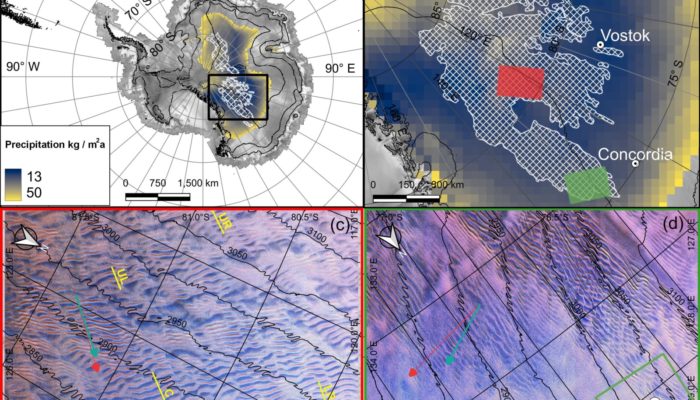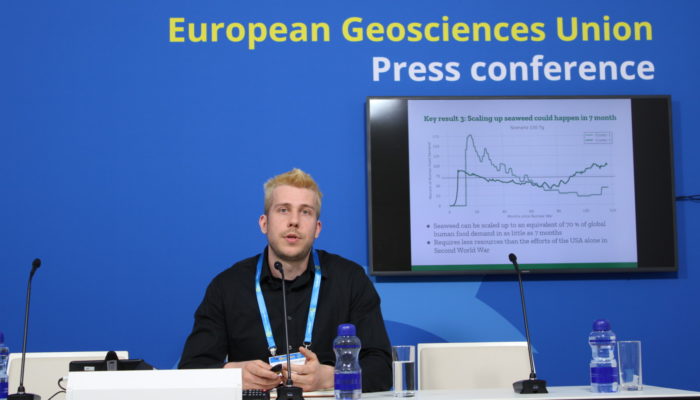How does a Geothermal system work? Heat is a form of energy and, strictly speaking, geothermal energy is heat from inside the Earth. The large amount of thermal energy enclosed below the earth’s surface derives in part from its primordial formation process and in part originates from the decay of radioactive isotopes present mainly in the earth’s crust and, secondarily, in the mantle. ...[Read More]
If you didn't find what you was looking for try searching again.
Geodynamics
More than a homework: “I am a rock”
Outreach is becoming a more and more prominent part of the work of researchers. With public funding many of us are expected to show in a creative way what we do with our funding, but it is not easy to step out from the << I will post on social media>> comfort zone. This week Elvira Mulyukova, in collaboration with Cedric Thieulot, is showing us how to create something extraordinary fro ...[Read More]
Hydrological Sciences
International initiatives to solve the challenges to trace sediment and contaminant in river systems
Soil and water resources that are essential to human and aquatic life are increasingly threatened by human activities and the impacts of land use and climate change. Sediments play hereby a key role, particularly fine sediments with sediment-associated pollutants, which can lead to a substantial degradation of water body quality, such as in rivers and reservoirs. Sediment tracing as a first step t ...[Read More]
Natural Hazards
The 2023 Carnival disaster in São Paulo: an all time record for rainfall in Brazil
In February 2023, Brazil experienced its largest rainfall event on record, which devastated the northern coast of the state of São Paulo. This event caused landslides, floods, and numerous fatalities, making it even more tragic than previous disasters in the region, which already have been elaborated on in another blog post. The situation highlights the urgent need for effective emergency manageme ...[Read More]
Geodesy
Women in Geodesy: Sara Bruni
Are you ready to hear from another woman in geodesy? We pass the mic to our Outstanding Early Career Scientist Awardee of 2018, someone who is currently carrying out her scientific works outside of academia. We are not going to take that much of your time and leave the stage to her. Would you like to share your thoughts about what being a woman in science means to you? I enjoy being a scientist be ...[Read More]
Nonlinear Processes in Geosciences
Unraveling the Meteorological Factors and Climate Change’s Role in Italy’s Devastating Floods
Italy has recently been struck by a series of catastrophic floods that have claimed lives, displaced thousands of people, and caused extensive damage to infrastructure. These floods were triggered by an extraordinary amount of rainfall, equivalent to six months’ worth, occurring within few days. The culmination of three distinct meteorological events, with low-pressure systems over the Thyrr ...[Read More]
Nonlinear Processes in Geosciences
NPG Paper of the Month: “A Range of Outcomes: The Combined Effects of Internal Variability and Anthropogenic Forcing on Regional Climate Trends over Europe”
The NPG paper of the month for February 2023 was awarded to “A Range of Outcomes: The Combined Effects of Internal Variability and Anthropogenic Forcing on Regional Climate Trends over Europe” by Clara Deser and Adam S. Phillips. How much will Europe warm in the next 50 years? Will precipitation increase or decrease? Are past climate trends unique or could alternate realities have exis ...[Read More]
GeoLog
Support inclusive geosciences by taking this workplace survey today!
By Andrea L. Popp, Anouk Beniest, Anita Di Chiara, Derya Gürer, Elenora van Rijsingen, Mengze Li and Simone Pieber. The geoscience community has long been recognized as one of the least diverse scientific fields. However, the extent to which this homogeneity affects workplace climate, particularly for under-represented groups, remains unclear (Berhe et al., 2022; Popp et al., 2019). Documented ins ...[Read More]
Cryospheric Sciences
Did you know about Antarctic snow megadunes?
When we think of dunes our thoughts automatically go to deserts and sand. But on Earth, as well as on other celestial bodies of the solar system, dunes exist also in a completely different environment. I am talking about gigantic dunes consisting of snow. On Earth they are called megadunes and you can find them only in East Antarctica, where they extend for thousands of km. If you want to know mor ...[Read More]
GeoLog
Seaweed: an unlikely but promising food solution in nuclear winter?
A few weeks ago, at the European Geosciences Union General Assembly EGU23, a group of researchers from different disciplines briefed the media about the impact of war on the oceans, sands, and people. Among them, Florian Ulrich Jehn’s presentation stood out for its rather unlikely proposition: that seaweed appeared to be a promising candidate as a resilient food solution in nuclear winter. I ...[Read More]

